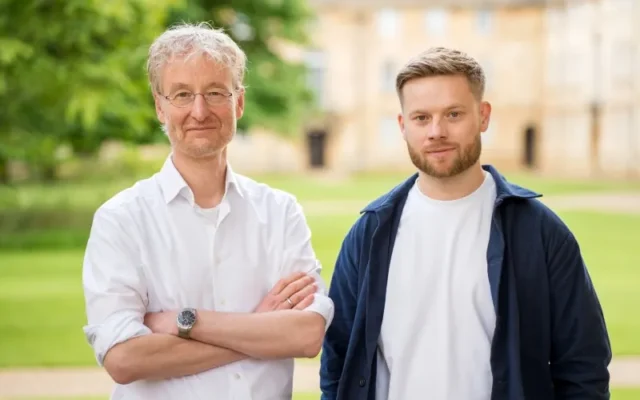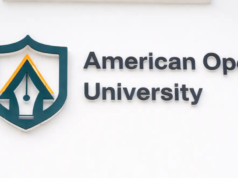When a startup in Cambridge describes itself as building a “search engine for new materials,” it might sound like science fiction. But that is exactly what Cusp AI is doing — and global investors are taking it seriously. The company just raised a staggering $100 million in Series A funding, with strong backing from Nvidia, Temasek, New Enterprise Associates (NEA), and other heavyweights.
This fundraising marks one of the most significant early-stage deals in the materials science sector this year, and it’s not just about money. It signals a shift in how artificial intelligence is being applied beyond text and images, into the very fabric of the physical world.
Table of Contents
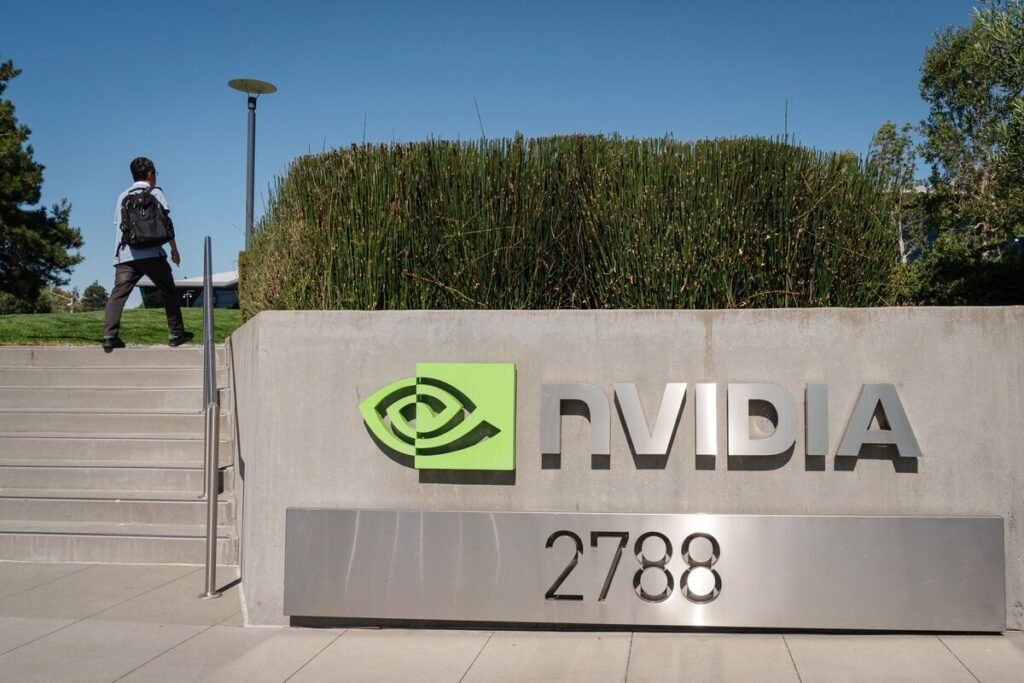
What Cusp AI Brings to the Table
Cusp AI’s vision is bold: to accelerate material discovery the way Google accelerated information search. Today, if an engineer wants a material that is light, heat-resistant, and still able to conduct electricity, the process usually takes years of experiments, trial and error, and millions of dollars.
Cusp AI promises a different path. Its AI models allow users to specify the properties they want, and then the system rapidly generates a set of synthesizable candidate materials that match. Reports suggest this approach is up to ten times faster than traditional discovery methods.
That speed matters because modern industries rely heavily on materials innovation. Think about lighter batteries for electric vehicles, membranes for clean water purification, durable yet eco-friendly plastics, or catalysts for clean hydrogen production. Each breakthrough in materials can reshape entire industries.
For a Nigerian context, imagine cheaper solar panels that last longer in harsh weather, or stronger building materials that can withstand flooding and erosion — these are the kinds of advances that AI-driven material discovery could unlock.
Who Is Behind the $100 Million Bet?
The Series A round was led by NEA and Temasek, Singapore’s sovereign wealth fund. Nvidia’s venture capital arm, NVentures, also participated, alongside Samsung Ventures and Hyundai Motor Group. The calibre of investors is a strong sign that Cusp AI is seen as more than a risky bet — it is being positioned as a potential global leader.
The company’s founding team blends expertise in both artificial intelligence and chemistry. Dr Chad Edwards, one of the key figures, has roots in quantum computing and chemical research. Their advisory circle includes AI veterans who helped push the boundaries of machine learning into real-world applications.
With the new funding, Cusp AI plans to scale up quickly. That includes building research labs, expanding its engineering teams, and forging commercial partnerships with manufacturers and governments. The goal is to reduce discovery timelines even further, from months down to weeks — and to apply their platform to industries ranging from semiconductors to renewable energy.
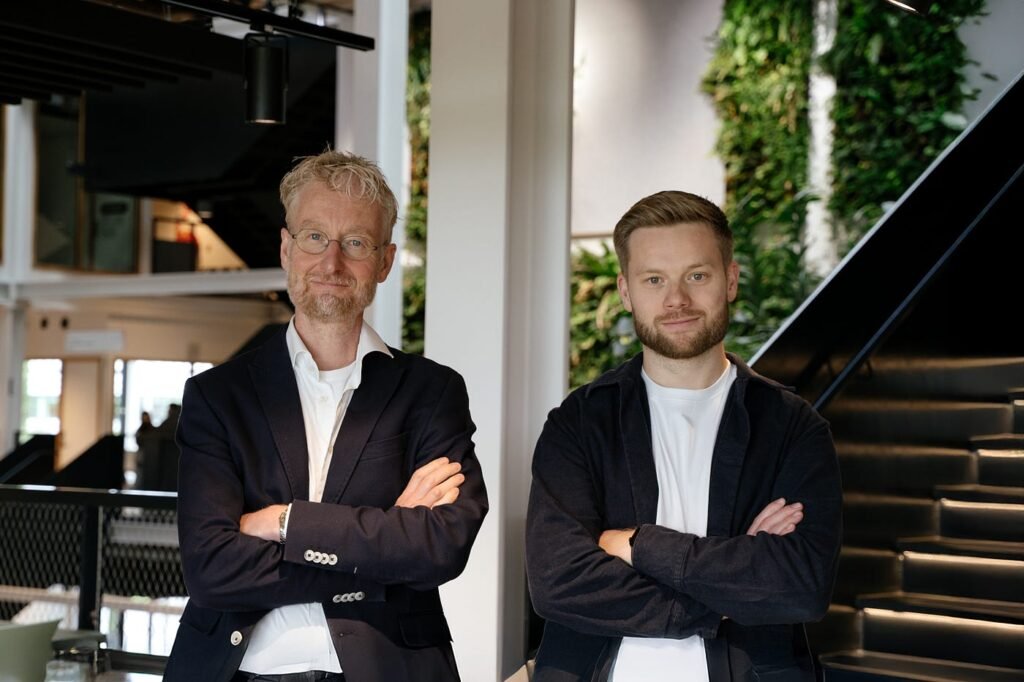
Opportunities, Risks, and the Bigger Picture
For all the excitement, Cusp AI faces steep challenges. Designing a material in silico (inside a computer) is not the same as proving it in reality. Each AI-generated candidate still needs to be tested, synthesised in the lab, and scaled up for manufacturing. That path involves regulation, safety checks, and often unexpected technical hurdles.
The competitive landscape is also heating up. Startups in the US, Europe, and Asia are racing to apply AI to material discovery, while established tech giants are increasing their investments. Cusp AI must demonstrate that it can move faster, prove its results, and secure early customers willing to take the plunge.
Still, the broader significance cannot be ignored. AI is no longer only about chatbots like ChatGPT or image-generators like MidJourney. It is moving into the physical world: new materials, cleaner energy, better health technologies, and sustainable solutions. This is where the next industrial revolution may emerge.
For developing nations, including Nigeria, the implications are profound. Affordable materials could mean solar panels that survive extreme heat in the north, coastal reinforcements against erosion in the south, or batteries that make off-grid power storage cheaper. It could also accelerate local industries in construction, energy, and manufacturing.
Investors are betting that Cusp AI will deliver not just on science, but on a future where materials are designed with precision, speed, and purpose — solving problems from climate change to affordable infrastructure.
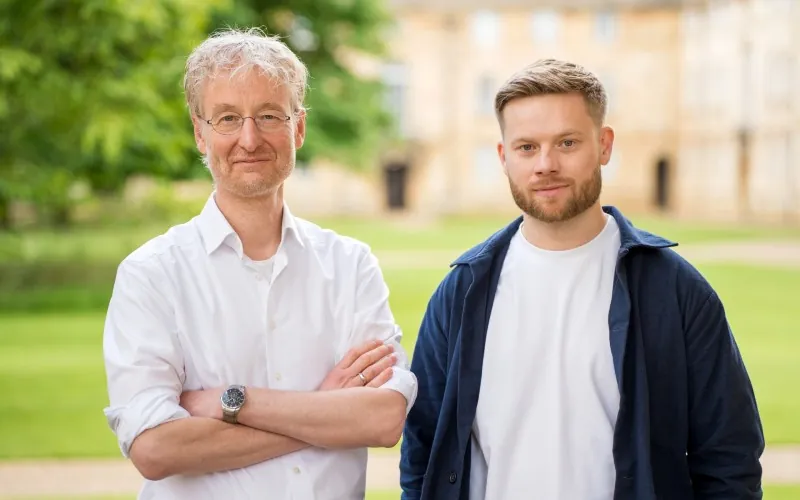
Conclusion
Cusp AI’s $100 million Series A funding is more than a tech headline; it’s a signpost for where artificial intelligence is heading. With backing from Nvidia and other global giants, the startup is positioned at the cutting edge of a field that blends AI with chemistry, manufacturing, and climate solutions.
The road ahead won’t be easy, but if Cusp AI succeeds, it could mark the start of a new era — one where the search for knowledge is not only about information online, but about creating the very materials that shape our everyday lives.
Join Our Social Media Channels:
WhatsApp: NaijaEyes
Facebook: NaijaEyes
Twitter: NaijaEyes
Instagram: NaijaEyes
TikTok: NaijaEyes


